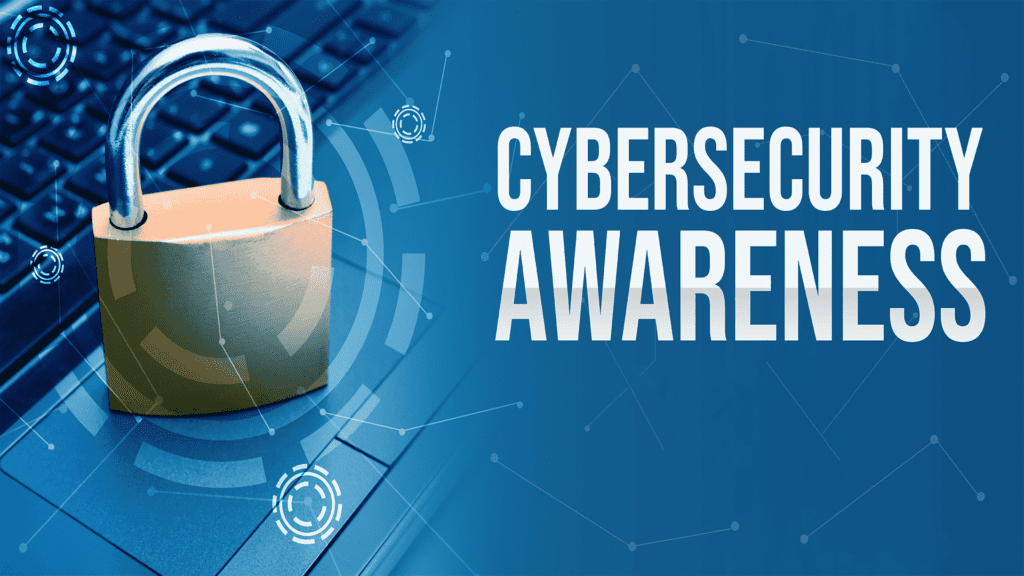What is Cybersecurity Awareness?
Cybersecurity awareness is the understanding and recognition of potential online threats and the adoption of best practices to mitigate them. In a world increasingly dependent on digital technologies, staying informed about cyber risks is essential to protect personal and professional assets.
Why is Cybersecurity Awareness Important?
Cybersecurity awareness helps individuals and organizations defend against malicious cyber activities, which can result in data breaches, financial loss, or reputational damage. Here’s why it matters:
- Increased Threats: Cybercrime, including phishing, ransomware, and data breaches, is on the rise globally.
- Preventative Measures: Awareness empowers users to adopt simple yet effective measures like strong passwords and two-factor authentication.
- Protecting Personal and Organizational Data: Educated individuals and teams are less likely to fall victim to cyberattacks, reducing risks for everyone involved.
Common Cyber Threats Everyone Should Know
1. Phishing Attacks
Phishing involves fraudulent emails or messages that trick users into revealing sensitive information like passwords or financial details. Recognizing suspicious emails is a key component of cybersecurity awareness.
2. Ransomware
Ransomware encrypts a victim’s data, demanding payment for decryption. Understanding the risks of downloading unknown attachments can help prevent such attacks.
3. Social Engineering
This tactic exploits human psychology to gain access to sensitive information. Training individuals to recognize manipulative behaviours is crucial.
4. Public Wi-Fi Risks
Public networks often lack security, making users vulnerable to data theft. Using a Virtual Private Network (VPN) can safeguard your data.
Best Practices for Cybersecurity Awareness
For Individuals:
- Use Strong Passwords: Opt for long, complex passwords and avoid reusing them across platforms.
- Enable Multi-Factor Authentication (MFA): Add an extra layer of security to your accounts.
- Stay Updated: Regularly update software to patch vulnerabilities.
- Be Cautious Online: Avoid clicking on unknown links or downloading unverified files.
For Organizations:
- Conduct Regular Training: Educate employees on recognizing and responding to threats.
- Implement Clear Policies: Create guidelines for secure data handling.
- Perform Simulations: Test readiness through phishing simulations and other drills.
- Secure Devices: Ensure that all devices accessing company networks are protected.
Tools and Resources for Cybersecurity Awareness
- CISA’s Shields Up: Provides up-to-date threat alerts and security tips.
- Cybersecurity Awareness Month: An annual event with resources for businesses and individuals.
- Online Courses: Platforms like Coursera and Udemy offer accessible cybersecurity training.
- VPN Tools: Tools like NordVPN and ExpressVPN secure online activities.
The Role of Cybersecurity Awareness in Business
For businesses, cybersecurity awareness is not just an IT responsibility but a company-wide priority. Awareness programs can:
- Reduce the risk of costly data breaches.
- Ensure compliance with regulatory requirements.
- Build trust with customers by safeguarding their data.
Cybersecurity awareness is essential for everyone in today’s interconnected world. By understanding common threats and adopting preventative measures, you can protect yourself and your organization from cyber risks. Remember, staying informed is the first step toward a secure digital future.


